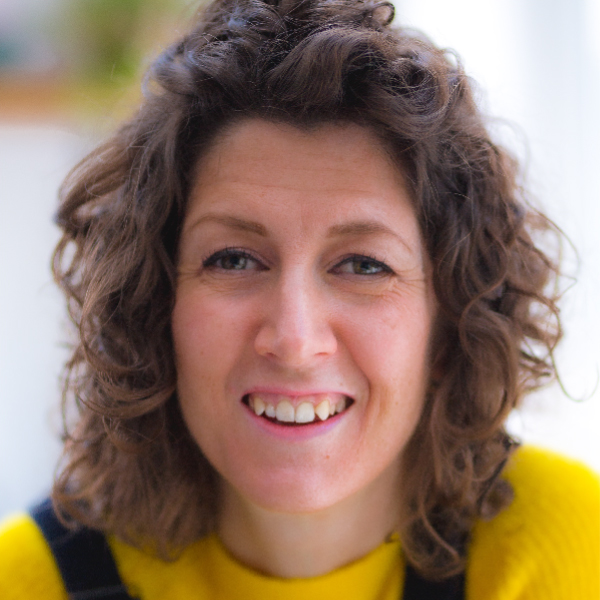
As a qualified teacher, mum, parenting coach and all-round Early Years expert, Sophie has a wealth of practical, real life experience to share with parents.

As a mum of two and a registered GP, Stephanie has seen more than her fair share of little ones! She has lots of practical tips and professional know-how on hand to help parents.

Laura is our nutrition whizz – bringing her expert advice and experience from working with chefs, schools and nurseries to the Kiddylicious expert panel.


Stephanie:
I think we’ve all found ourselves in those situations where you feel it’s not going well. It’s difficult to be able to step back, because emotions can be running high. Maybe you need to just get up from the table, something needs to change, so you can have a bit of a regroup and try to break the cycle.
Sophie:
Being neutral is really important. Your attitude and the way that you are speaking should remain really neutral even if you’re feeling anxious.
Laura:
That is a learned technique. It can take time to really master that skill.
Stephanie:
It is a learned skill – if you find mealtimes difficult, planning a few key phrases and trying them out can work.
Sophie:
Sometimes just doing something like the washing up helps. It’s important to have mealtimes when you sit you talk together but if it’s not working and everybody’s getting stressed, then the best thing to do is to remove yourself from the situation. When kids don’t feel your eyes on them, they don’t feel pressure from you and they’re probably more likely to actually have a go at eating. You can be in the same room but keep busy.
Stephanie:
Yeah, I agree, going to do the washing up is a good thing.
Laura:
Even ending the meal can be good. If really small quantities have been consumed, say: “okay, I’m going to leave the plate there for 10 minutes. If you want any more, go back to it.”
Sophie:
That can really help. Saying something like: “bath time is in five minutes.” So they know, whatever they’re going to eat, they’ve got five minutes, and then you’ll clear it away.
Laura:
Giving them time frames is great, because if they do actually want to eat, then that’s enough time for them to finish eating. Mealtimes should not drag on and be painstaking for everybody.
Stephanie:
You also need to follow through on what you say, so if you ask them: “are you finished?” And they say, yes, don’t try to persuade them to have one more bite.
Sophie:
Children can be so literal in their understanding of language, so you need to pick your words carefully. If you ask them if they are finished, why are you asking them to have more? If you say, “just one more bite,” then don’t make them have three more bites. Try to plan what you’re going to say. I try to be really careful when I’m speaking to the kids. It’s so easy to say: “I’ll just be two minutes,” when actually you’re going to be 10. That can be really confusing for children.
Stephanie:
With babies, when you start weaning it’s more like a sensory experience rather than actual eating and they can go on for quite a while, especially when you’re giving them new things. So you might wonder, at what point do I actually stop and call this a day? How long is a good mealtime?
Laura:
I really don’t like giving a number but I’d say a maximum of about 30 minutes. Again, you need to tap into those cues from them. Setting the timer on them is not going to work!


Sophie:
It’s important to recognise that during mealtimes, parents also need to be able to regulate their own emotions. If you’re a parent that finds eating quite a stressful experience, it can be hard not to pass those fears on to your child.
Laura:
I remember talking to a mum not long ago who had real issues with food; she said her son was a really fussy eater. I said: “do you sit around the table and eat the same food?” And she said: “Oh, no, I wouldn’t eat the same food as them!” It was a tough one. Language is key. Trying to minimise anxiety is really important for our children. If you as a parent find it difficult, then that’s going to be quite hard for your children.
Stephanie:
If you are someone who suffers with disordered eating or you find your relationship with food tricky, you may find that a bit more pre-planning and writing key positive phrases down helps.